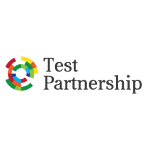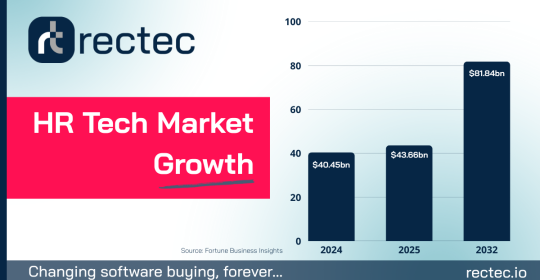Here are the top five trends in candidate selection that are reshaping how organizations identify and engage top talent.
1. AI-Powered Resume Screening
Artificial Intelligence (AI) is transforming the way hiring teams handle resume screening. AI tools can automatically scan and sort through resumes, identifying keywords and qualifications to surface top candidates. This technology helps recruiters save time and minimizes human error in screening, especially for high-volume roles.
Why It Matters: By filtering out unqualified resumes, AI allows recruiters to focus on candidates who truly meet the job requirements, increasing efficiency. It also helps them save time to focus on other tasks.
2. Data-Driven Candidate Assessments
Using data analytics to evaluate candidates’ skills, personality traits, and cultural fit is becoming essential. Data-driven assessments allow companies to predict candidates’ performance more reliably than traditional interviews. Assessment platforms often include personality tests, cognitive ability tests, and technical skill evaluations.
Why It Matters: With structured, data-backed assessments, companies reduce subjectivity in the hiring process, ensuring they’re choosing candidates based on relevant job metrics rather than gut feeling.
Example Tools: A variety of platforms offer data-driven assessments tailored to different industries. See our recommendations for the best candidate selection tools to find ones that fit your needs.
3. Video Interviewing with AI Analysis
With the rise of remote work, video interviewing has become standard practice. Now, AI is enhancing these interviews by analyzing facial expressions, tone of voice, and body language to provide additional insights into candidates’ personality traits and cultural alignment. While human judgment remains critical, AI-backed analysis can supplement interview observations.
Why It Matters: AI analysis can offer helpful observations and can be especially useful when evaluating multiple candidates remotely.
4. Emphasis on Soft Skills Evaluation
While hard skills remain crucial, companies are increasingly recognizing the importance of soft skills like communication, adaptability, and problem-solving. New tools are designed to help measure these traits through behavioral tests, role-playing scenarios, and situational judgment assessments.
Why It Matters: Soft skills often determine how well a candidate will collaborate, manage challenges, and grow within the company.
5. Predictive Analytics for Talent Matching
Predictive analytics uses historical hiring data and algorithms to match candidates with roles where they’re most likely to succeed. This trend is gaining traction as companies aim to reduce turnover by hiring individuals whose skills and personalities align closely with role demands and team dynamics.
Why It Matters: Predictive analytics helps companies make smarter hiring decisions, reducing turnover and increasing employee satisfaction by matching the right talent to the right role.







